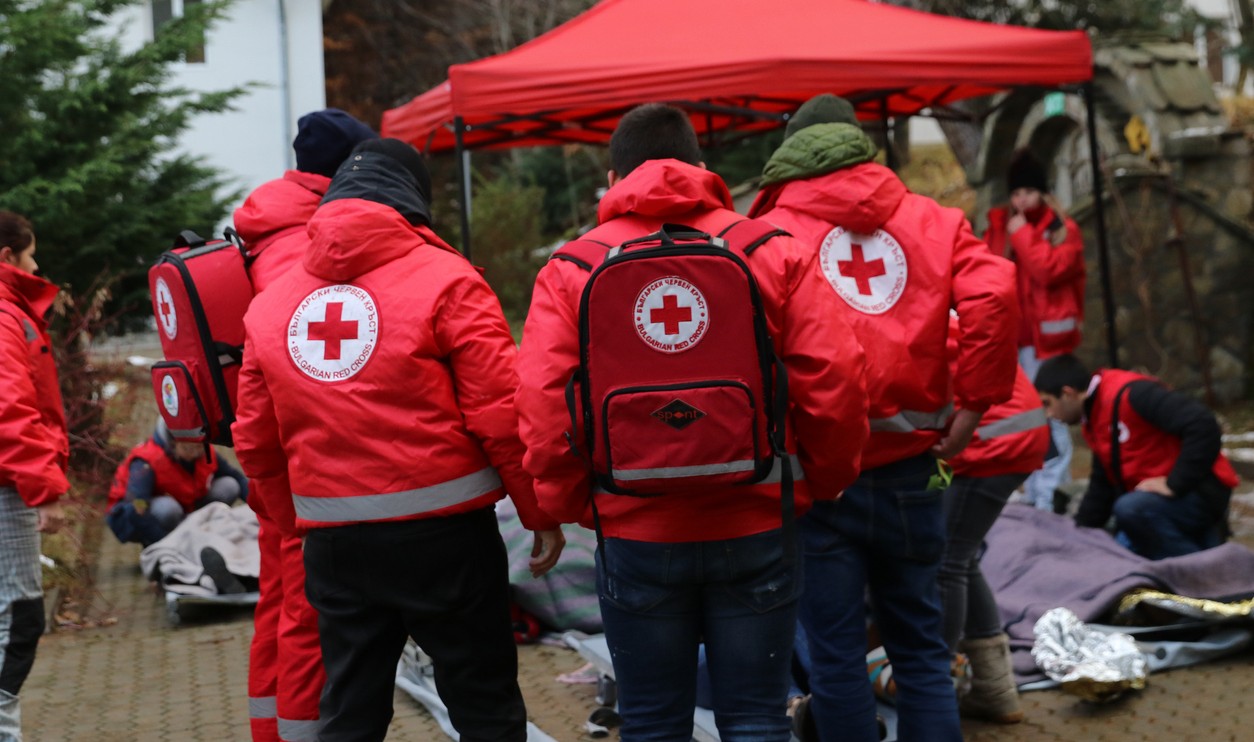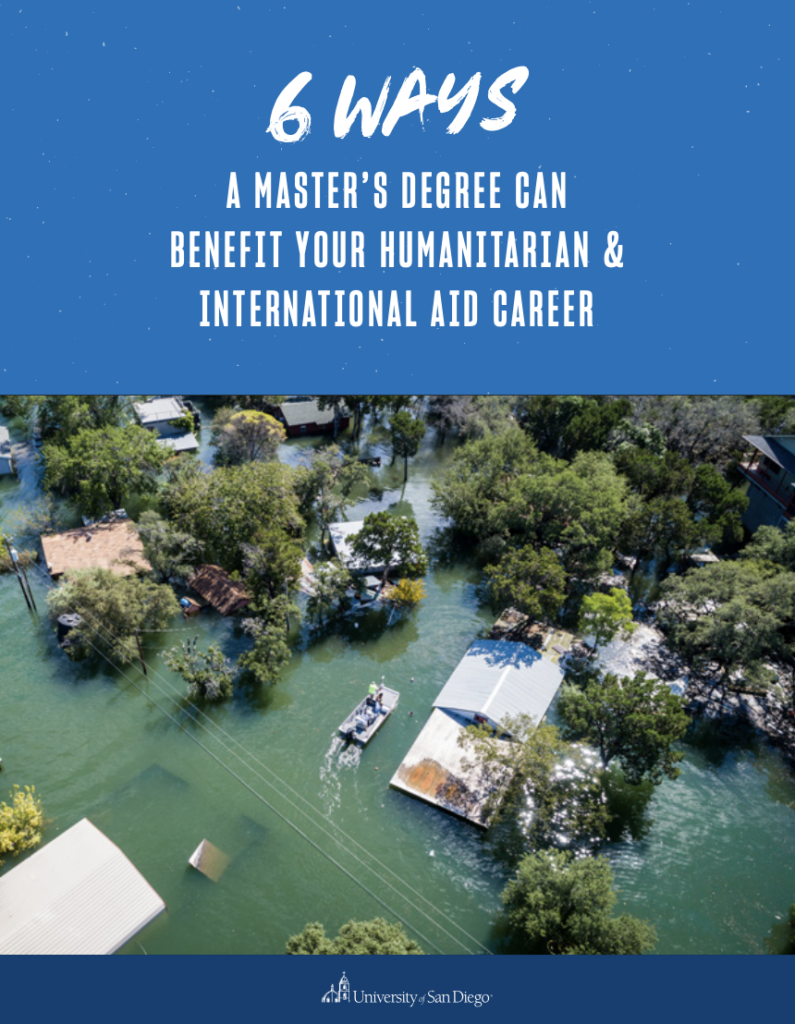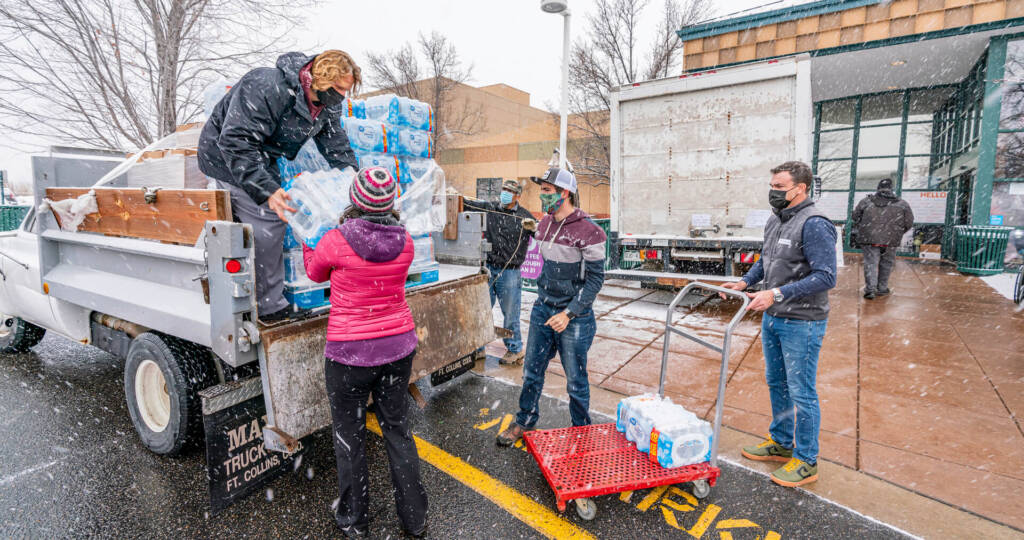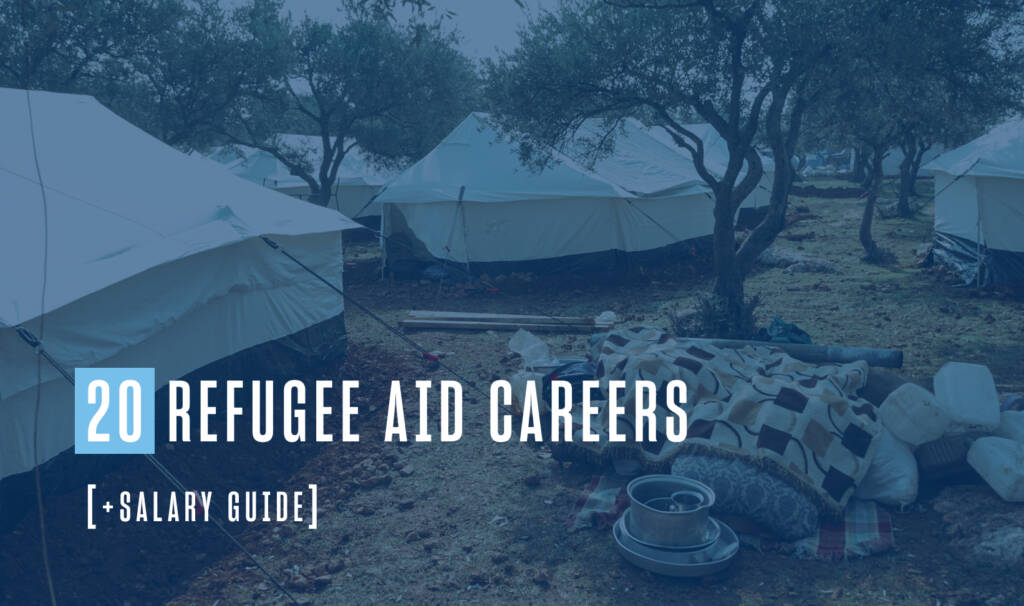Written in collaboration with the MSHA team
Leaders who are equipped with the right knowledge, skills and experience are essential in the humanitarian field, and one of the most important positions is that of a humanitarian coordinator.
As someone who deals with the rapidly evolving reality of a global emergency, a humanitarian coordinator is not only a leader but a manager, communicator, advocate, key decision-maker and strategist all rolled into one. In this career guide, we’ll explore the details of this vital position, including typical responsibilities and the education and experience required to succeed in the field.
What Is a Humanitarian Coordinator?
A person in this position assesses the need for a humanitarian response and plans, coordinates, and implements as needed.
Responsibilities of a Humanitarian Coordinator
The responsibilities may differ slightly depending on the role and organization, but in general, a humanitarian coordinator will:
- Identify and prioritize humanitarian response needs, advocating for affected populations
- Develop and implement a strategic response plan
- Mobilize resources, including funds, personnel, equipment and materials for a logically sequenced and effective response
- Lead coordination efforts of a humanitarian response involving multiple agencies
- Coordinate/lead emergency team meetings
- Manage personnel and logistics
- Ensure the accountability and transparency of the overall effort, including overseeing a sufficient monitoring and evaluation operation
Education, Skills and Experience Needed to Become a Humanitarian Coordinator
In order to become a successful humanitarian coordinator, you will need the right combination of education and experience. An undergraduate degree in a related field, such as social work, sociology, international relations or political science is a good start, in addition to adding volunteer work to your resume. Recent undergraduates should consider an internship and/or an entry-level humanitarian position.
- Ideally, a humanitarian coordinator will have a graduate-level education or equivalent experience. Prerequisites will include a comprehensive understanding of and commitment to humanitarian principles and challenges.
- A relevant set of professional skills (including logistical planning, disaster risk management assessments, program evaluation, personnel management and more)
- The capacity to implement those skills appropriately in a dynamic and potentially stressful context
Much (but not all) of the knowledge, skills and capacities required can be acquired by way of a master’s degree in humanitarianism.
[RELATED] Discover the 9 Best Degrees to Elevate Your Humanitarian Career
In summary, a humanitarian coordinator should ideally have the following:
- Knowledge
- Humanitarian principles and thematic challenges (e.g. migration, climate change adaptation)
- Roles/responsibilities of humanitarian workers
- Skills
- Analysis, assessment and evaluation
- Humanitarian negotiation and conflict resolution techniques
- Coordination, organization and logistics
- Language
- Leadership
- Communication (written and oral)
- Capacities
- Cultural competencies
- Adaptability and problem-solving
- Education and experience to vouch for the above
- Proven experience leading and managing teams involving inter-agency coordination in humanitarian emergencies
- Field experience
- Relevant graduate-level education
[FREE EBOOK] Discover the 6 Ways a Master’s Degree Can Benefit Your Humanitarian and International Aid Career
Humanitarian Coordinator Jobs
If you’re interested in pursuing this type of position, consider job sites specifically dedicated to humanitarian-related work, such as ReliefWeb, Idealist, Devex and Omprakash. A search for “humanitarian” jobs on sites such as LinkedIn and Indeed also reveals thousands of results.
The following is a sample of national and global organizations that are hiring for specific humanitarian positions, some of which may include coordinators:
- Action Against Hunger
- Alight
- American Red Cross
- Americares
- CARE USA
- Catholic Relief Services
- Doctors Without Borders
- Federal Emergency Management Agency (FEMA)
- Global Communities
- Helvetas
- International Committee of the Red Cross
- International Medical Corps
- International Rescue Committee
- Mercy Corps
- Oxfam
- Project HOPE
- Relief International
- Rotary International
- Save the Children
- UNICEF
- U.S. Committee for Refugees and Immigrants
- U.S. Department of State Bureau of Population, Refugees, and Migration
- World Health Organization (WHO)
- World Food Programme
- World Vision
[RELATED] How to Get a Job in Disaster Relief
Helpful Resources
For more information about humanitarian relief efforts and global initiatives, check out the following:
- United Nations — Our Work
- United Nations Office for the Coordination of Humanitarian Affairs
- ReliefWeb
- Harvard Humanitarian Initiative
- World Food Programme — Humanitarian support and services
- U.S. Department of State — Refugee and Humanitarian Assistance
- UN Women
- International Committee of the Red Cross
- Center for Disaster Philanthropy
FAQs
Interested in Exploring a Career as a Humanitarian Coordinator?
Consider investing in your career by enrolling in a comprehensive humanitarian master’s degree program, which will prepare you with the right knowledge, experience and tools to excel as a humanitarian coordinator.
The 100% online University of San Diego Master of Science in Humanitarian Action provides an innovative, multidisciplinary curriculum taught by experienced, knowledgeable faculty.
All courses in the program are instructor-led and asynchronous, enabling you to work on your own schedule while still meeting deadlines. Students will gain practical, relevant knowledge that includes such topics as assessing humanitarian needs, emergency preparedness, humanitarian leadership, managing complex global emergencies and more.
If you are interested in learning more about the University of San Diego’s innovative online Master of Science in Humanitarian Action program, please reach out to connect with an enrollment advisor today.





